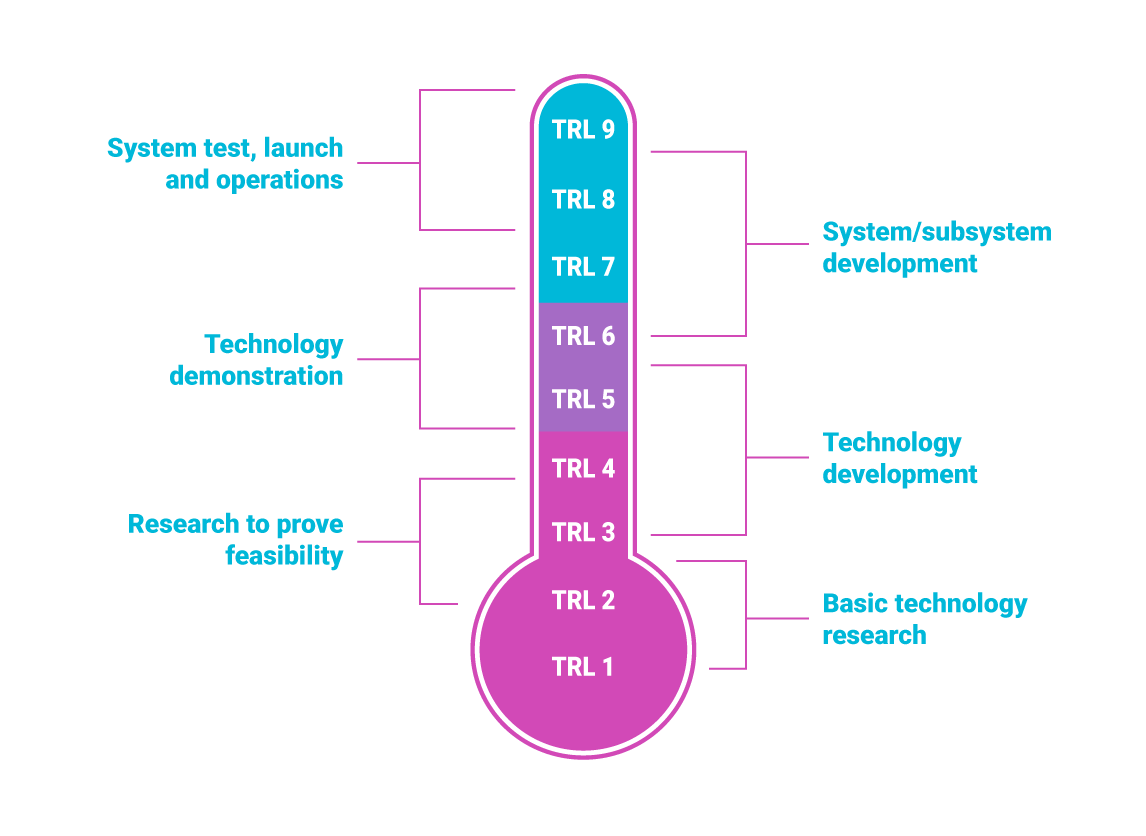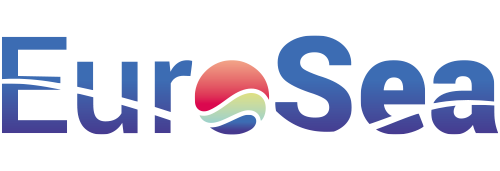
Description
Forecasting extreme marine events and merging biological marine data are paramount components of marine research and management. Enhancing the TRL signifies advancements in the methods, technologies, and capabilities in these sectors, indicating a shift from preliminary or pilot phases to more mature operational stages.
Impact During the Project
Elevated Forecasting for Extreme Marine Events:
Traditional State: Prior methodologies might have been in their nascent stages or in pilot testing, potentially lacking comprehensive accuracy or application.
Advancement: Transitioning from a pilot to a mature phase implies improved accuracy, reliability, and real-world applicability of the forecasting tools for extreme marine events, enhancing preparedness and response mechanisms.
Merging of Biological Marine Data:
Traditional State: Previously, biological marine data sources might have been siloed or fragmented, preventing a holistic analysis.
Advancement: The capability to merge and integrate different biological marine data sources represents a unified approach to marine biology research, offering more comprehensive insights.
Impact Post Project
Enhanced Predictive Abilities:
Traditional State: Limited forecasting capabilities might have restricted proactive measures, especially for extreme marine events.
Advancement: With matured forecasting tools, authorities, and marine stakeholders can anticipate extreme marine events with higher precision, enabling better planning, resource allocation, and risk mitigation.
Holistic Marine Biological Research:
Traditional State: Disjointed biological datasets might have hindered a cohesive understanding of marine ecosystems.
Advancement: Integrated biological marine data facilitates a more comprehensive view of marine ecosystems, driving better-informed research, conservation, and management decisions.
Advancement over and above State of the Art
The transition from pilot phases to mature operational levels in forecasting extreme marine events and merging biological marine data represents a significant leap in marine sciences. Enhanced forecasting tools not only bolster the safety and preparedness mechanisms for marine communities but also offer tools to understand and predict ecological dynamics better. The integration of biological marine data eradicates data silos, promoting a unified research approach. Together, these advancements lay the groundwork for more informed decisions, improved marine resource management, and a more profound understanding of marine ecosystems. The distinction with service delivery lies in the development and optimization of these tools, ensuring that they’re more effective when rolled out in real-world scenarios.
Links and References
Link to D6.3 – Best Practice on creating “Extreme Marine Events” Hazard maps & forecasts Report: https://eurosea.eu/download/eurosea_d6-3_bp_extreme_marine_events_hazard_maps__forecasts_report/?wpdmdl=5591&refresh=650197cb50af71694603211
